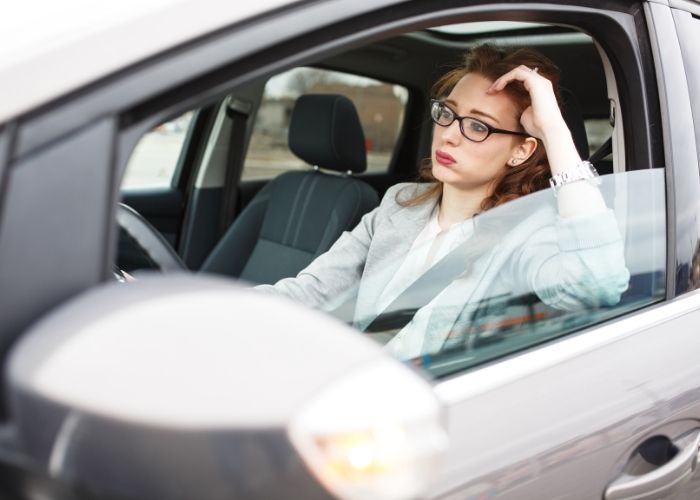September 22 acknowledges World Car Free Day. This is a day to raise awareness of how life could be without the need for a car. It looks at pollution of the environment and the health of the people.
The idea began around the time of the oil crisis in 1973. However, it took just over another 20 years, before some informal events were organised. This included a conference held in Toledo, Spain. Then over the next few years, more and more countries supported the World Car Free Days Consortium and became involved in the initiative.
Since then, the event has been gaining momentum. In fact, in 2019, London’s mayor Sadiq Khan closed more than 16 miles of central London roads as part of Car Free Day.
Air pollution
Car free days are a massive opportunity for us to realise how much traffic noise and pollution affects our lives. Vehicle emissions are one of the main sources of outdoor air pollution, particularly in cities.
Many Spanish cities are already planning car free zones to help lower emissions and halt congestion. In Madrid alone, the city plans to make public transport more accessible and create over 10,000 kilometres of streets into pedestrian zones. Not only will this reduce pollution, but these 48 new traffic-free zones will make those areas safer. It is estimated these zones currently see 14.6 million cars per year – that´s 40,000 cars per day.
Lowers life expectancy
According to the UN Environment Programme Air pollution reduces quality of health and lowers life expectancy.
Across the globe, nine in 10 people are breathing unclean air, harming their health, and shortening their life span. Every year, about 7 million people die from diseases and infections related to air pollution, more than five times the number of people who perish in road traffic collisions.
Exposure to pollutants can also affect the brain, causing developmental delays, behavioural problems, and even lower IQs in children. In older people, pollutants are associated with Alzheimer’s and Parkinson’s diseases.
Think for a minute
In the early part of the pandemic, there were very few vehicles to be seen on the roads. In fact, cycle shops were inundated with new sales and repairs when we were given some freedom from lockdown.
Perhaps we should take a minute to think before we automatically get in our cars. Especially if it is somewhere local, and we could walk. Let´s at least on Thursday embrace an alternative means of travel, where possible.


